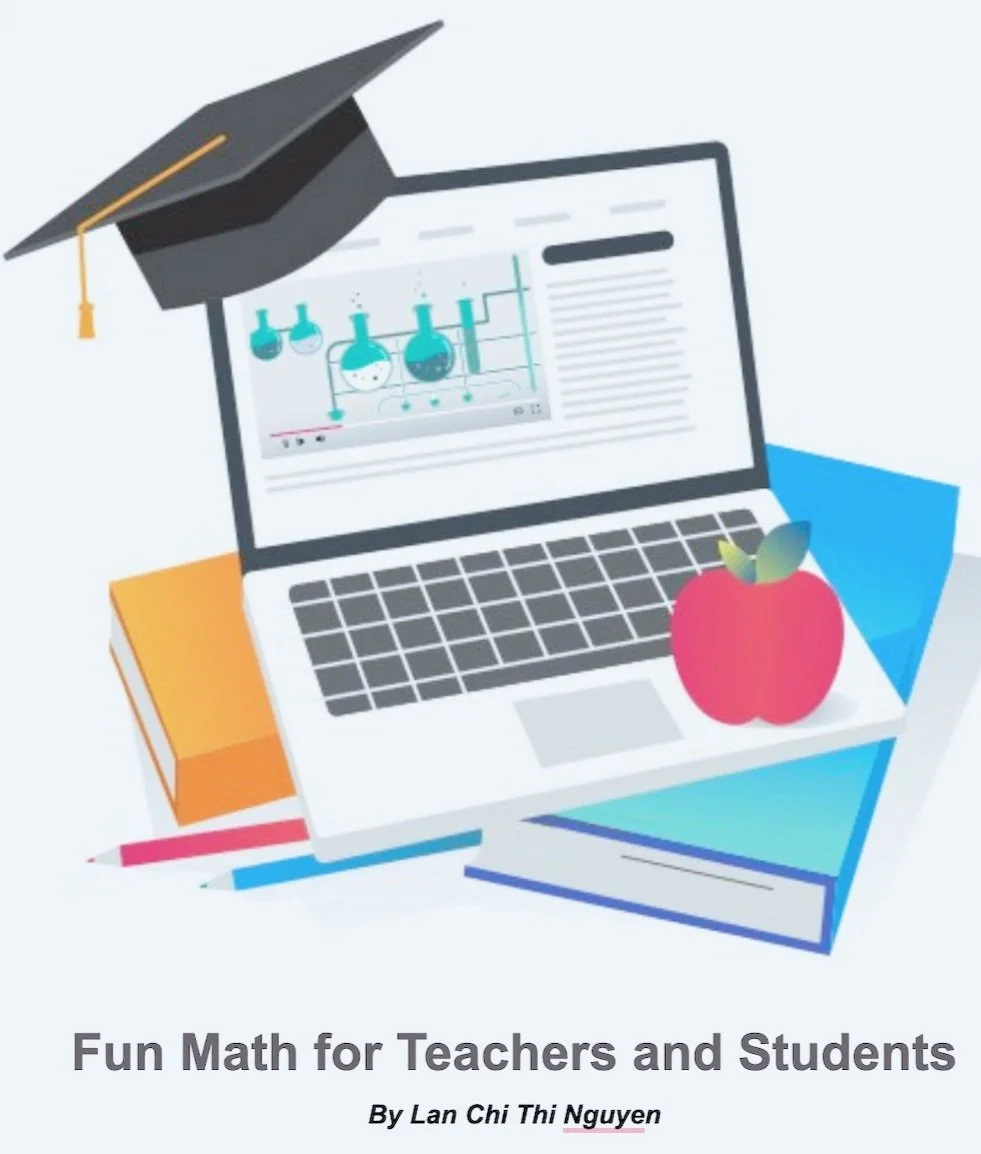References Studies
We found interesting and thought-provoking research quotes. We hope they inspire you to begin or finish your best research project.
Preferences
Aunola, K., Nurmi, J. E., Lerkkanen, M. K., & Puttonen, H. (2003). The roles of achievement related behaviours and parental beliefs in children’s mathematical performance. Educational Psychology, 23(4), 403–421.
Audio image (n.d.). https://images.squarespace-cdn.com/content/v1/5a343eea49fc2bbd843f4080/1618338492142-Q24MF7YEFLEHAWIWBCYC/SongMD-Lyric-Marketing-Consultations.jpg?format=1500w.
Cruz, Y. D. L. (2012). Learning math with my father: A memoir. Journal of Unschooling and Alternative Learning, 6(11), 20–33.
Curtain-Phillips, M. (2001). The Causes and Prevention of Math Anxiety. Retrieved from HTTP://www .mathgoodies.com/articles/math_anxiety .html.
Eccles, J. (1983). Expectancies, values, and academic behaviors. In J. T. Spence (Ed.), Achievement and achievement motives. Psychological and sociological approaches. San Francisco, CA: Freeman & Co.
Fan, X. & Chen, M. (2001). Parental involvement and students’ academic achievement: A meta-analysis. Educational Psychology Review, 13(1), 1–22.
Freedman, E. (2010). Ten Ways to Reduce Math Anxiety. Retrieved from http://www.mathpower. com/reduce.htm.
Furner, & Duffy, M. L. (2002). Equity for All Students in the New Millennium: Disabling Math Anxiety. Intervention in School and Clinic, 38(2), 67–74. https://doi.org/10.1177/10534512020380020101
Furner, Yahya, N., & Duffy, M. L. (2005). Teach Mathematics: Strategies to Reach All Students. Intervention in School and Clinic, 41(1), 16–23. https://doi.org/10.1177/10534512050410010501
Furner, J.M., & Berman, B.T. (2003). Math Anxiety: Overcoming a Major Obstacle to the Improvement of Student Math Performance. Childhood Education, 79(3), 170-175.
Images, P. (2021, November 8). Four types of learning styles. Flickr. Retrieved July 23, 2022, from https://www.flickr.com/photos/194356589@N04/51664071063/
IXL: Skill plans. IXL Learning. (n.d.). Retrieved August 20, 2022, from https://ca.ixl.com/math/skill-plans/ontario-curriculum
IXL: Math and English language arts practice. IXL Learning. (n.d.). Retrieved August 20, 2022, from https://ca.ixl.com/?adGroup=111469363813&campaign=11429816073&gclid=CjwKCAjwwo-WBhAMEiwAV4dybQXZHlOC4Y8CgTYB5M49wQGoByR4lhlvRO30WXwWhL0SfOzOm8hC2BoCfXYQAvD_BwE&noredir=true&partner=google
Nisbet, J. (2019, March 8). Overcoming math anxiety: 12 evidence-based tips that work. Prodigy Education. Retrieved May 22, 2022, from https://www.prodigygame.com/main-en/blog/math-anxiety/
Permana, R. I., Amry, Z., & Mulyono. (2020). Influence of visual, auditory, kinesthetic learning style on the ability of troubleshooting e-learning-based math. Journal of Education and Practice. https://doi.org/10.7176/jep/11-18-20
Saputra, Minggi, I., & Djadir. (2021). The Identification of the Concept Understanding on Limit of Functions Based on Students’ Learning Styles in Mathematics Department at FMIPA UNM. Journal of Physics. Conference Series, 1899(1), 12130–. https://doi.org/10.1088/1742-6596/1899/1/012130
Sloan. (2002). Mathematics Anxiety and Learning Styles: What Is the Relationship in Elementary Preservice Teachers? School Science and Mathematics., 102(2), 84–315. https://doi.org/info:doi/
Soni, & Kumari, S. (2015). The Role of Parental Math Anxiety and Math Attitude in Their Children’s Math Achievement. International Journal of Science and Mathematics Education, 15(2), 331–347. https://doi.org/10.1007/s10763-015-9687-5
Zhang, Hu, B. Y., Zou, X., & Ren, L. (2020). Parent-Child Number Application Activities Predict Children’s Math Trajectories From Preschool to Primary School. Journal of Educational Psychology, 112(8), 1521–1531. https://doi.org/10.1037/edu0000457

